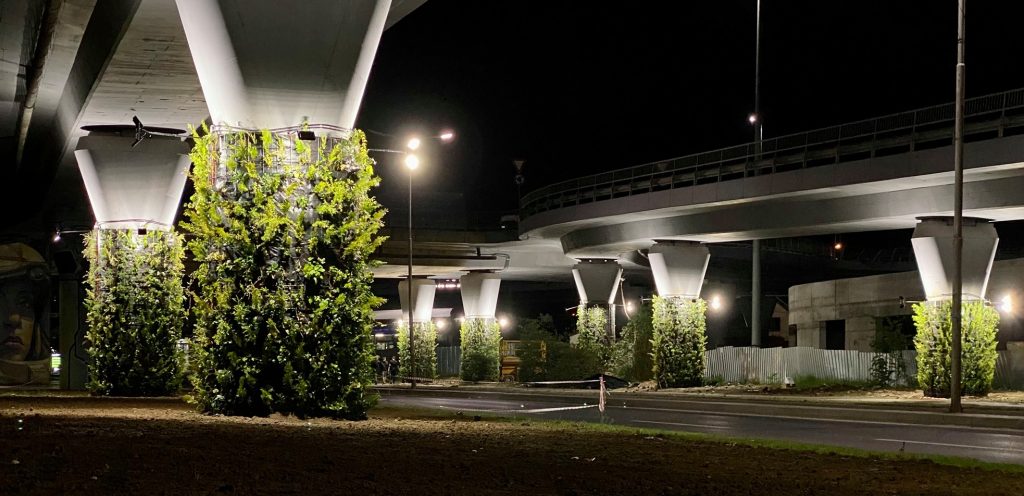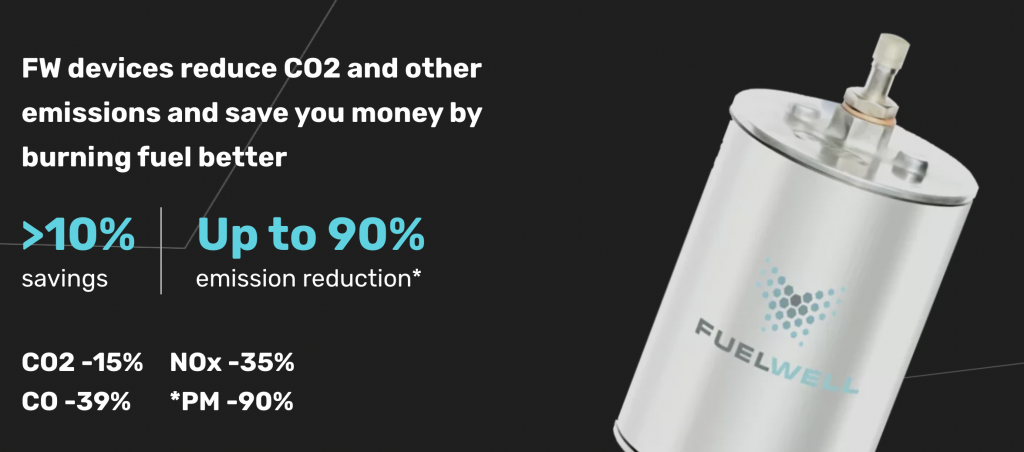Something a bit different this week: five start-ups from across Central and Eastern Europe working on the development of environmentally-friendly solutions to real world problems, all looking to contribute to the mitigation of climate change.
Challenger
Founded in 2019 in North Macedonia, this digital tool rewards eco-friendly behaviour, while helping businesses become socially and environmentally responsible. Challenger is a community builder, a marketplace consisting of both people and local businesses that support each other in order to create a better environment and society. It helps citizens develop better habits, while developing greener brand awareness for the businesses.
With Challenger’s mobile application, the local community gets a visual representation of how the conscious behaviour of each citizen contributes towards a better society. Challenger is not a tracking app, but it uses existing tracking services for kilometres, and has a formula for saved CO2 emissions.
So far, Challenger has a community of 7,000 active users. It’s currently looking for 150,000 euros in investment, or partners for international expansion.
TePema
TePema is a green and sustainable design living space solutions company founded in Kosovo in 2018.
TePema Facade 2.0 aims to decrease the price of electricity bills by 30 per cent and reduce 500kg of CO2 emissions from each household. It is an innovative version of a self-maintenance vertical greenery application, through which buildings are insulated thermally and save electricity by using 80 per cent recycled textile materials.
The system is programmed to maintain itself through a microcontroller that controls a pump and creates a fully automatic closed cycle maintaining plant system that recycles water at the same time, reducing water consumption to a minimum.
The team’s dream is to reduce energy consumption by 90 per cent in an organic way in all urban areas, and is currently looking for partners that can support international expansion.
RVmagnetics
Founded in Slovakia in 2015, RVmagnetics has created the smallest passive sensor in the world. It is contributing to the mitigation of climate change by replacing several sensors with just one.
These sensors contribute to a client’s manufacturing excellence and help reduce their environmental footprint. With its environmentally-neutral sensor, there is no longer any need to establish a global plant network.
The start-up is currently looking for strategic partners who can act as adopters, clients or integrators in various field, such as predictive maintenance of electric motors, structural health monitoring, or the thermal management of smart batteries.
Orgo
Since 2015, when it was founded in Romania, Orgo has had the vision of humans acting together to create harmonious living.
Orgo’s contribution to this vision is bringing innovation through software and technology to create better social design.
Orgo is cloud scalable, an all-in-one integrated platform that helps organisations manage their resources and engage their members. It brings transparency, clarity and functionality into organisations. It offers solutions for managing members, online payments, an electronic voting and decisions ledger, clear access to information, process automation, as well as basic needs like task management, events, file storage, groups and profiles.
Its first goal is to reach 10 million users by 2025 and to become one of the most relevant apps for civil society. To get there, it is looking for 500,000 euros in funding.
FuelWell
Originally created Ukraine in 2013 under the name IT Primus, this start-up rebranded as FuelWell in 2017 and helps fight climate change by optimising current fuel-running cars.
The automotive market is still full of classic-engine vehicles, many of which create the lion’s share of pollution in cities. It solves this problem by developing a ready-to-use next-gen fuel catalyst, which reduces transport emissions by increasing the efficiency of internal combustion engines.
Thanks to the catalytic process, its technology allows fuel to burn more fully, reducing up to 90 per cent of toxic emissions, and providing users with up to 10 per cent annual savings by lowering fuel consumption.
FuelWell now plans to attract 2.5 million euros investment for for further research and development.
Unlike many news and information platforms, Emerging Europe is free to read, and always will be. There is no paywall here. We are independent, not affiliated with nor representing any political party or business organisation. We want the very best for emerging Europe, nothing more, nothing less. Your support will help us continue to spread the word about this amazing region.
You can contribute here. Thank you.











Add Comment